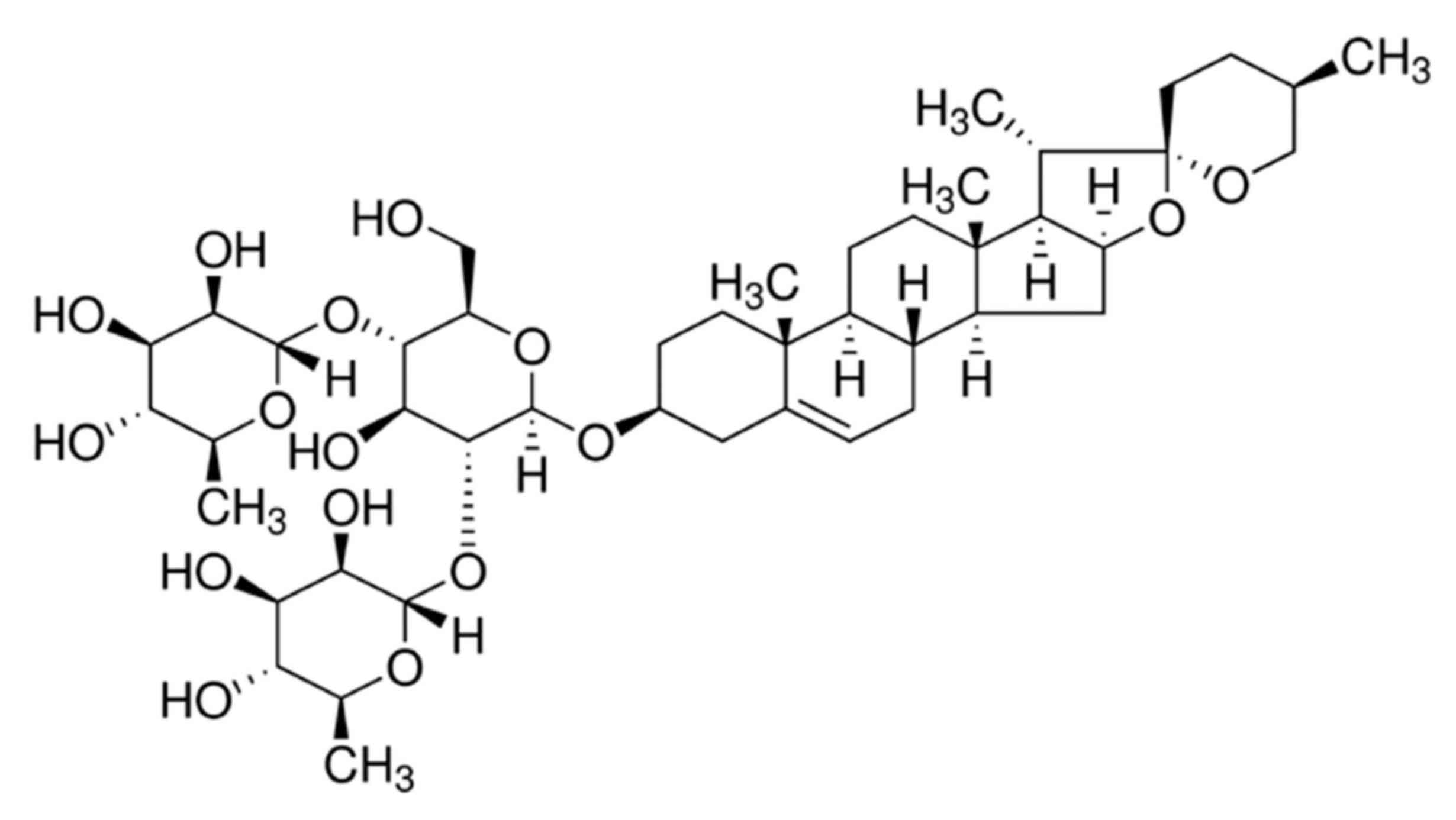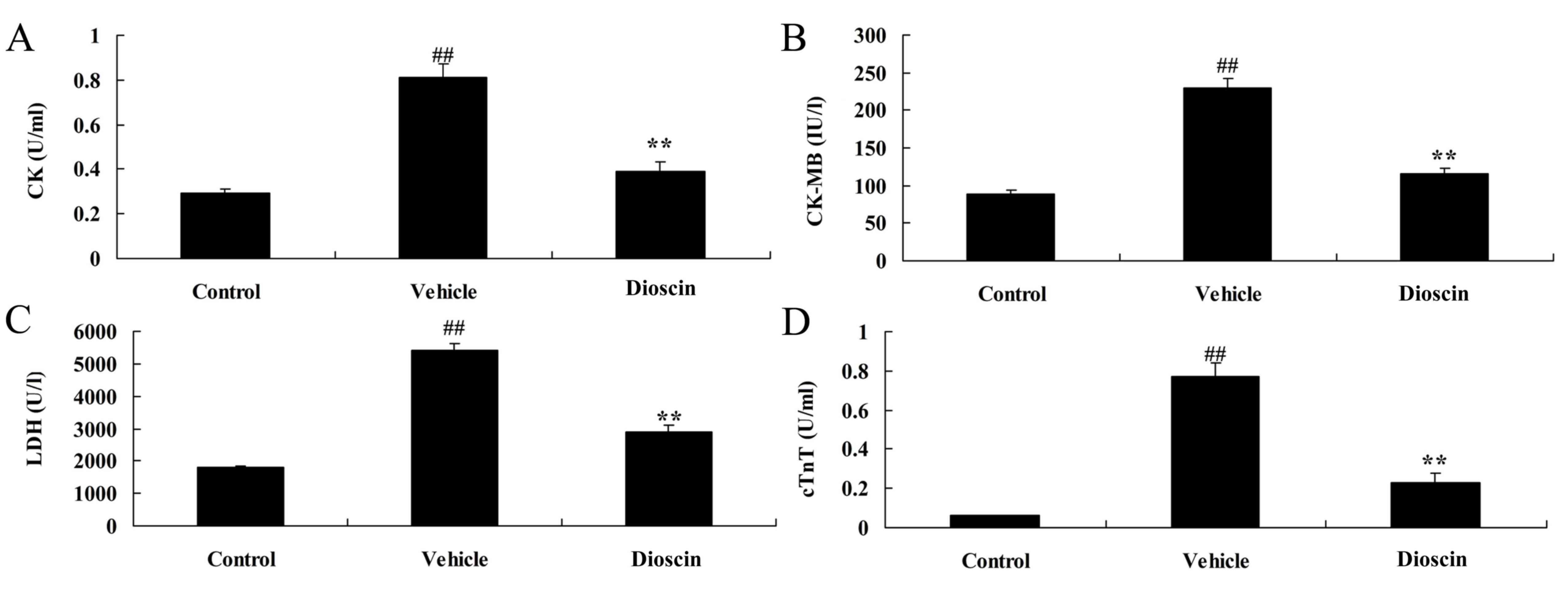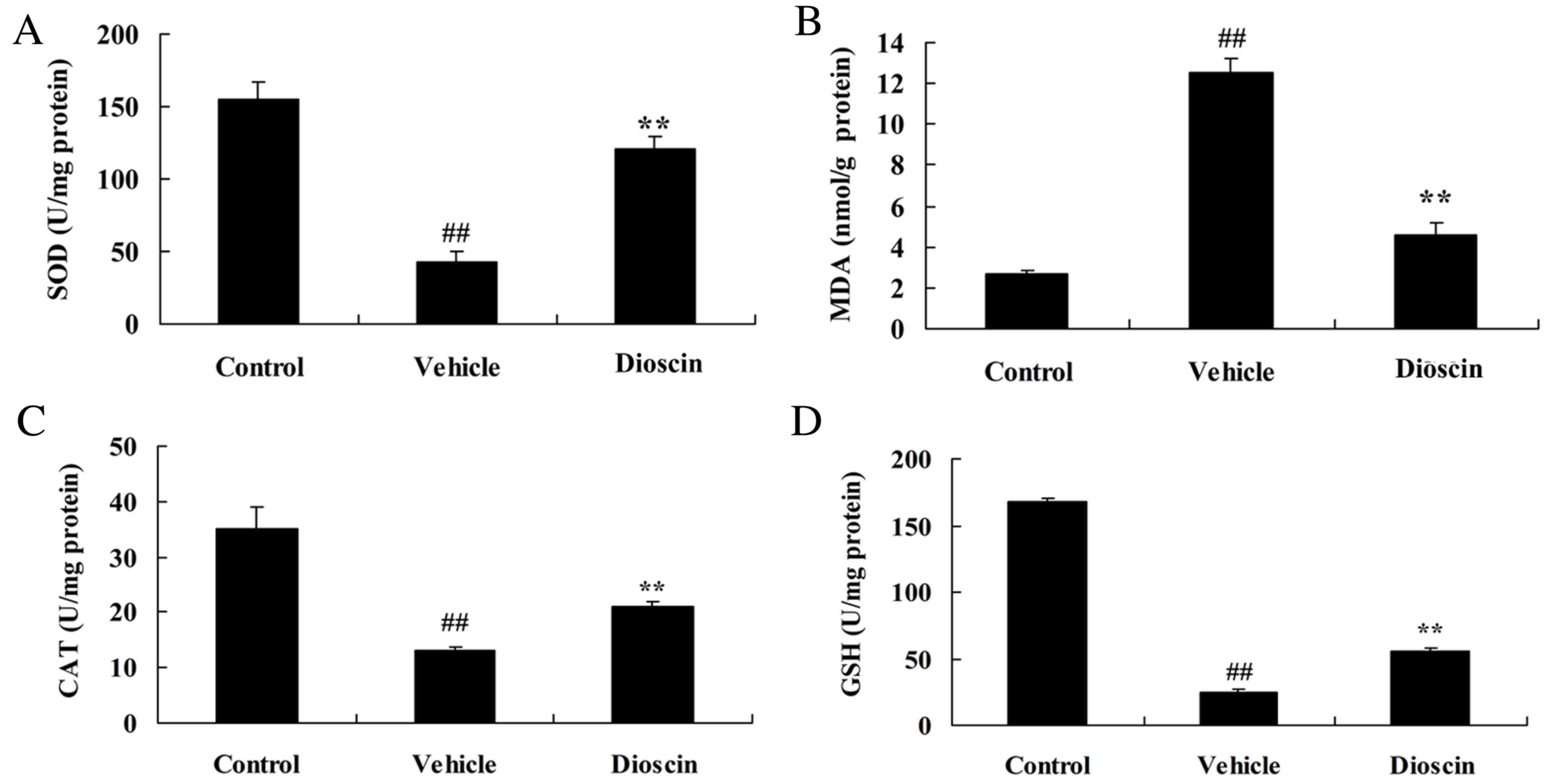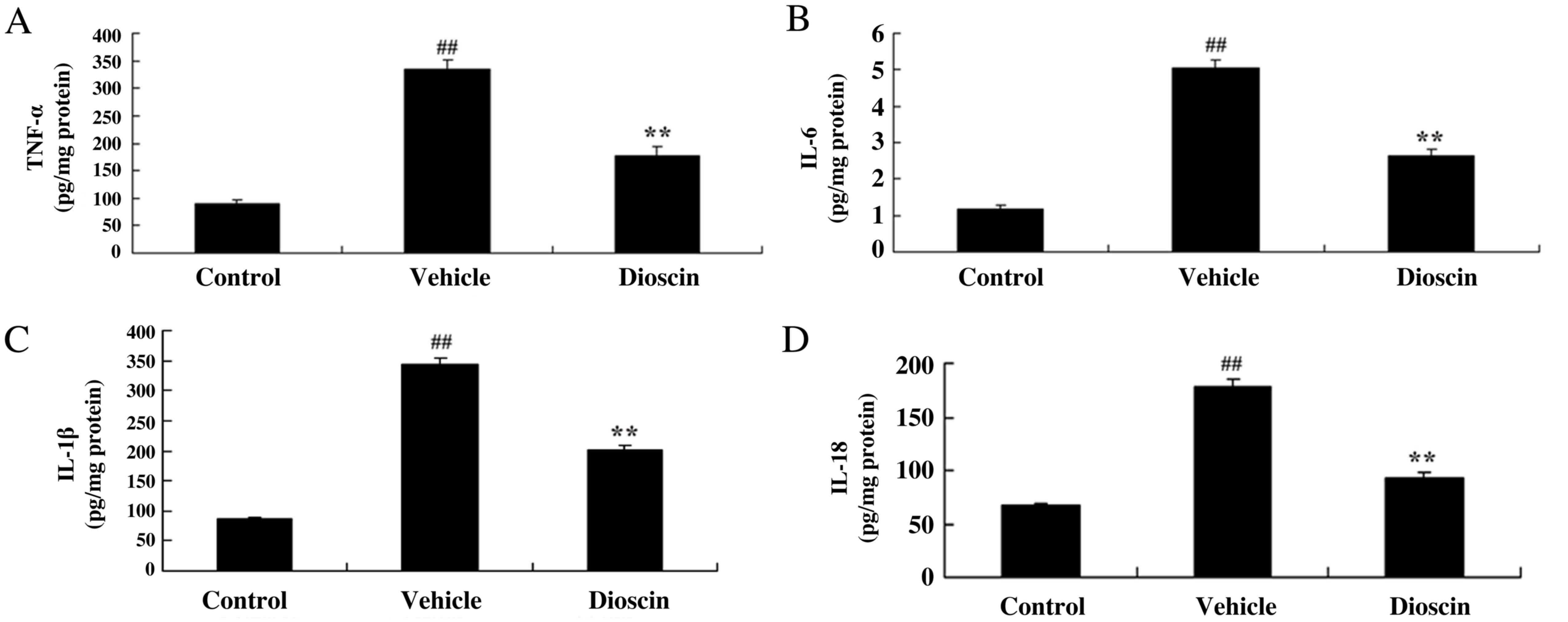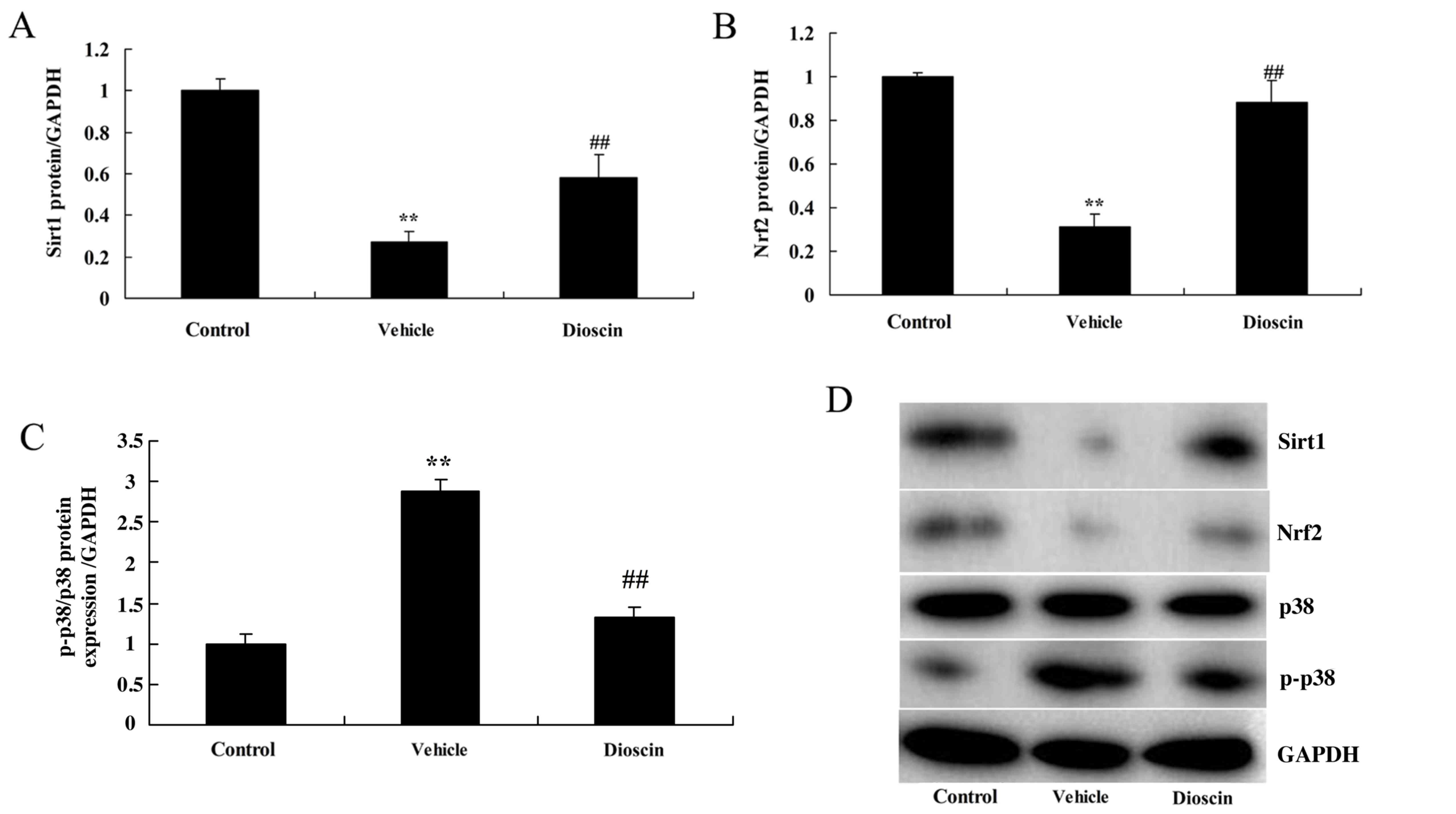|
1
|
Andersson C, Shilane D, Go AS, Chang TI,
Kazi D, Solomon MD, Boothroyd DB and Hlatky MA: Beta-blocker
therapy and cardiac events among patients with newly diagnosed
coronary heart disease. J Am Coll Cardiol. 64:247–252. 2014.
View Article : Google Scholar : PubMed/NCBI
|
|
2
|
Strissel KJ, Denis GV and Nikolajczyk BS:
Immune regulators of inflammation in obesity-associated type 2
diabetes and coronary artery disease. Curr Opin Endocrinol Diabetes
Obes. 21:330–338. 2014. View Article : Google Scholar : PubMed/NCBI
|
|
3
|
Hakeem A, Bhatti S and Chang SM: Screening
and risk stratification of coronary artery disease in end-stage
renal disease. JACC Cardiovasc Imaging. 7:715–728. 2014. View Article : Google Scholar : PubMed/NCBI
|
|
4
|
Alizade E, Avci A, Acar G, Açar G, Fidan
S, Öcal L, Bulut M, Tellice M, Akçakoyun M, Pala S and Esen AM: The
relationship between rheumatoid factor levels and coronary artery
lesion complexity and severity in patients with stable coronary
artery disease. Postepy Kardiol Interwencyjnej. 11:26–31.
2015.PubMed/NCBI
|
|
5
|
Tan F, Chen Y, Yuan D, Gong C, Li X and
Zhou S: Dexmedetomidine protects against acute kidney injury
through downregulating inflammatory reactions in endotoxemia rats.
Biomed Rep. 3:365–370. 2015. View Article : Google Scholar : PubMed/NCBI
|
|
6
|
Meyer S, Neeff H, Thomusch O, Strate T,
Tittelbach-Helmrich D, Hopt UT and von Dobschuetz E: Everolimus
improves microcirculatory derangements in experimental postischemic
pancreatitis modulating the expression of vascular endothelial
growth factor, Interleukin 6, and toll-like receptor 4. Pancreas.
44:1245–1251. 2015. View Article : Google Scholar : PubMed/NCBI
|
|
7
|
Correia GD, Ng Wooi K, Wijeyesekera A,
Gala-Peralta S, Williams R, MacCarthy-Morrogh S, Jiménez B, Inwald
D, Macrae D, Frost G, et al: Metabolic profiling of children
undergoing surgery for congenital heart disease. Crit Care Med.
43:1467–1476. 2015. View Article : Google Scholar : PubMed/NCBI
|
|
8
|
Yin YW, Li JC, Zhang M, Wang JZ, Li BH,
Liu Y, Liao SQ, Zhang MJ, Gao CY and Zhang LL: Influence of
interleukin-6 gene −174G>C polymorphism on development of
atherosclerosis: A meta-analysis of 50 studies involving 33,514
subjects. Gene. 529:94–103. 2013. View Article : Google Scholar : PubMed/NCBI
|
|
9
|
Sakthivel KM and Guruvayoorappan C: Acacia
ferruginea inhibits tumor progression by regulating inflammatory
mediators-(TNF-a, iNOS, COX-2, IL-1β, IL-6, IFN-γ, IL-2, GM-CSF)
and pro-angiogenic growth factor-VEGF. Asian Pac J Cancer Prev.
14:3909–3919. 2013. View Article : Google Scholar : PubMed/NCBI
|
|
10
|
Somacal S, Figueiredo CG, Quatrin A,
Ruviaro AR, Conte L, Augusti PR, Roehrs M, Denardin IT, Kasten J,
da Veiga ML, et al: The antiatherogenic effect of bixin in
hypercholesterolemic rabbits is associated to the improvement of
lipid profile and to its antioxidant and anti-inflammatory effects.
Mol Cell Biochem. 403:243–253. 2015. View Article : Google Scholar : PubMed/NCBI
|
|
11
|
Badalzadeh R, Mohammadi M, Yousefi B,
Farajnia S, Najafi M and Mohammadi S: Involvement of glycogen
synthase kinase-3β and oxidation status in the loss of
cardioprotection by postconditioning in chronic diabetic male rats.
Adv Pharm Bull. 5:321–327. 2015. View Article : Google Scholar : PubMed/NCBI
|
|
12
|
Fleming DS and Miller LC: Identification
of small non-coding RNA classes expressed in swine whole blood
during HP-PRRSV infection. Virology. 517:56–61. 2018. View Article : Google Scholar : PubMed/NCBI
|
|
13
|
Saito S, Thuc LC, Teshima Y, Nakada C,
Nishio S, Kondo H, Fukui A, Abe I, Ebata Y, Saikawa T, et al:
Glucose fluctuations aggravate cardiac susceptibility to
ischemia/reperfusion injury by modulating microRNAs expression.
Circ J. 80:186–195. 2016. View Article : Google Scholar : PubMed/NCBI
|
|
14
|
Wang J, Hu X and Jiang H: ERS-PERK
signaling pathway-mediated Nrf2/ARE-HO-1 axis: A novel therapeutic
target for attenuating myocardial ischemia and reperfusion injury.
Int J Cardiol. 203:779–780. 2016. View Article : Google Scholar : PubMed/NCBI
|
|
15
|
Mleczko AM and Bąkowska-Żywicka K: When
small RNAs become smaller: Emerging functions of snoRNAs and their
derivatives. Acta Biochim Pol. 63:601–607. 2016. View Article : Google Scholar : PubMed/NCBI
|
|
16
|
Li W, Wu M, Tang L, Pan Y, Liu Z, Zeng C,
Wang J, Wei T and Liang G: Novel curcumin analogue 14p protects
against myocardial ischemia reperfusion injury through
Nrf2-activating anti-oxidative activity. Toxicol Appl Pharmacol.
282:175–183. 2015. View Article : Google Scholar : PubMed/NCBI
|
|
17
|
Liao J, Yu L, Mei Y, Guarnera M, Shen J,
Li R, Liu Z and Jiang F: Small nucleolar RNA signatures as
biomarkers for non-small-cell lung cancer. Mol Cancer. 9:1982010.
View Article : Google Scholar : PubMed/NCBI
|
|
18
|
Ravo M, Cordella A, Rinaldi A, Bruno G,
Alexandrova E, Saggese P, Nassa G, Giurato G, Tarallo R, Marchese
G, et al: Small non-coding RNA deregulation in endometrial
carcinogenesis. Oncotarget. 6:4677–4691. 2015. View Article : Google Scholar : PubMed/NCBI
|
|
19
|
Langhendries JL, Nicolas E, Doumont G,
Goldman S and Lafontaine DL: The human box C/D snoRNAs U3 and U8
are required for pre-rRNA processing and tumorigenesis. Oncotarget.
7:59519–59534. 2016. View Article : Google Scholar : PubMed/NCBI
|
|
20
|
Zhang W, Yin L, Tao X, Xu L, Zheng L, Han
X, Xu Y, Wang C and Peng J: Dioscin alleviates
dimethylnitrosamine-induced acute liver injury through regulating
apoptosis, oxidative stress and inflammation. Environ Toxicol
Pharmacol. 45:193–201. 2016. View Article : Google Scholar : PubMed/NCBI
|
|
21
|
Lu B, Xu Y, Xu L, Cong X, Yin L, Li H and
Peng J: Mechanism investigation of dioscin against CCl4-induced
acute liver damage in mice. Environ Toxicol Pharmacol. 34:127–135.
2012. View Article : Google Scholar : PubMed/NCBI
|
|
22
|
Gu L, Tao X, Xu Y, Han X, Qi Y, Xu L, Yin
L and Peng J: Dioscin alleviates BDL- and DMN-induced hepatic
fibrosis via Sirt1/Nrf2-mediated inhibition of p38 MAPK pathway.
Toxicol Appl Pharmacol. 292:19–29. 2016. View Article : Google Scholar : PubMed/NCBI
|
|
23
|
Konstanty-Kalandyk J, Piatek J,
Miszalski-Jamka T, Rudziński P, Walter Z, Bartuś K,
Urbańczyk-Zawadzka M and Sadowski J: The combined use of
transmyocardial laser revascularisation and intramyocardial
injection of bone-marrow derived stem cells in patients with
end-stage coronary artery disease: One year follow-up. Kardiol Pol.
71:485–492. 2013. View Article : Google Scholar : PubMed/NCBI
|
|
24
|
Tahara N, Tahara A, Narula J and Imaizumi
T: Statin therapy resolves coronary artery inflammation. JACC
Cardiovasc Imaging. 6:1119–1120. 2013. View Article : Google Scholar : PubMed/NCBI
|
|
25
|
Gupta GK, Agrawal T, DelCore MG, Mohiuddin
SM and Agrawal DK: Vitamin D deficiency induces cardiac hypertrophy
and inflammation in epicardial adipose tissue in
hypercholesterolemic swine. Exp Mol Pathol. 93:82–90. 2012.
View Article : Google Scholar : PubMed/NCBI
|
|
26
|
Qin J, Kang Y, Xu Z, Zang C, Fang B and
Liu X: Dioscin prevents the mitochondrial apoptosis and attenuates
oxidative stress in cardiac H9c2 cells. Drug Res (Stuttg).
64:47–52. 2014.PubMed/NCBI
|
|
27
|
Sartore G, Seraglia R, Burlina S, Bolis A,
Marin R, Manzato E, Ragazzi E, Traldi P and Lapolla A: High-density
lipoprotein oxidation in type 2 diabetic patients and young
patients with premature myocardial infarction. Nutr Metab
Cardiovasc Dis. 25:418–425. 2015. View Article : Google Scholar : PubMed/NCBI
|
|
28
|
Mentese U, Dogan OV, Turan I, Usta S,
Dogan E, Mentese SO, Demir S, Ozer T, Aykan AC and Alver A:
Oxidant-antioxidant balance during on-pump coronary artery bypass
grafting. ScientificWorldJournal. 2014:2630582014. View Article : Google Scholar : PubMed/NCBI
|
|
29
|
Zhao L, Tao X, Qi Y, Xu L, Yin L and Peng
J: Protective effect of dioscin against doxorubicin-induced
cardiotoxicity via adjusting microRNA-140-5p-mediated myocardial
oxidative stress. Redox Biol. 16:189–198. 2018. View Article : Google Scholar : PubMed/NCBI
|
|
30
|
Ge J, Wu XM, Yang XT, Gao JM, Wang F and
Ye KF: Role of long non-coding RNA SNHG1 in occurrence and
progression of ovarian carcinoma. Eur Rev Med Pharmacol Sci.
22:329–335. 2018.PubMed/NCBI
|
|
31
|
Ren J, Yang Y, Xue J, Xi Z, Hu L, Pan SJ
and Sun Q: Long noncoding RNA SNHG7 promotes the progression and
growth of glioblastoma via inhibition of miR-5095. Biochem Biophys
Res Commun. 496:712–718. 2018. View Article : Google Scholar : PubMed/NCBI
|
|
32
|
Bachellerie JP, Nicoloso M, Qu LH, Michot
B, Caizergues-Ferrer M, Cavaille J and Renalier MH: Novel
intron-encoded small nucleolar RNAs with long sequence
complementarities to mature rRNAs involved in ribosome biogenesis.
Biochem Cell Biol. 73:835–843. 1995. View
Article : Google Scholar : PubMed/NCBI
|
|
33
|
Wang J, Cao L, Wu J and Wang Q: Long
non-coding RNA SNHG1 regulates NOB1 expression by sponging miR-326
and promotes tumorigenesis in osteosarcoma. Int J Oncol. 52:77–88.
2018.PubMed/NCBI
|
|
34
|
Mei YP, Liao JP, Shen J, Yu L, Liu BL, Liu
L, Li RY, Ji L, Dorsey SG, Jiang ZR, et al: Small nucleolar RNA 42
acts as an oncogene in lung tumorigenesis. Oncogene. 31:2794–2804.
2012. View Article : Google Scholar : PubMed/NCBI
|
|
35
|
Koduru SV, Tiwari AK, Leberfinger A,
Hazard SW, Kawasawa YI, Mahajan M and Ravnic DJ: A comprehensive
NGS data analysis of differentially regulated miRNAs, piRNAs,
lncRNAs and sn/snoRNAs in triple negative breast cancer. J Cancer.
8:578–596. 2017. View Article : Google Scholar : PubMed/NCBI
|
|
36
|
Gao L, Ma J, Mannoor K, Guarnera MA,
Shetty A, Zhan M, Xing L, Stass SA and Jiang F: Genome-wide small
nucleolar RNA expression analysis of lung cancer by next-generation
deep sequencing. Int J Cancer. 136:E623–E629. 2015. View Article : Google Scholar : PubMed/NCBI
|
|
37
|
Wang Y, He QY and Chiu JF: Dioscin induced
activation of p38 MAPK and JNK via mitochondrial pathway in HL-60
cell line. Eur J Pharmacol. 735:52–58. 2014. View Article : Google Scholar : PubMed/NCBI
|















